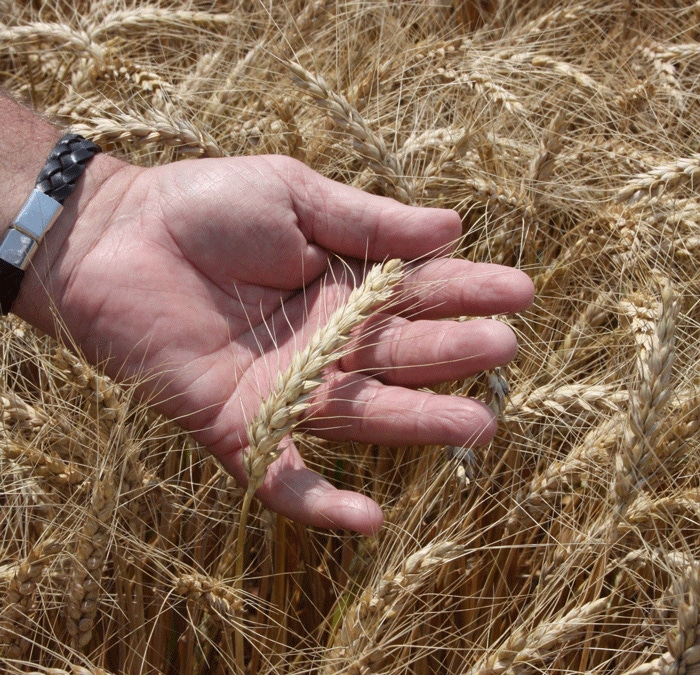September 6, 2012

Based on last year’s success and the ongoing high prices for soybeans for double-cropping, North Carolina growers are expected to plant another record crop of wheat this fall.
A key to the success of the crop will be starting out with a clean field, free of weeds and grasses.
To help growers better plan their pre-plant weed management strategy, a regional pre-plant burndown meeting is set for Sept. 17 at the South Camden, N.C., Fire Department in Camden, N.C. The meeting will start at 7:30 a.m. with breakfast.
North Carolina State University Weed Specialist Wes Everman will be the primary speaker for the program.
One of the key components of pre-plant weed management is selecting the correct tank-mix of herbicides for specific weed and grass problems. Everman will start the program with a discussion of various herbicides that can be mixed together to best manage fall and winter weed and grass problems in northeast North Carolina.
Timing of pre-plant burn-down herbicides is another topic the North Carolina State researcher will cover at the meeting.
With the early harvest of corn and other field crops in the region, some growers may be inclined to plant wheat early, but that may not be the best option for weed and grass management.
Everman also will discuss new products and label changes for the many herbicides labeled for use on weed and grasses in wheat and other fall-planted crops.
The North Carolina State specialist says unusual weather patterns the past couple of years are forcing growers in North Carolina to look at different options for optimum year-round weed and grass management.
If unusual weather patterns that affect the growth of both target plants and weeds continue to occur, growers are likely going to have to change their pest control tactics, including taking a different look at getting fields clean for planting time, he says.
We may need to look at some options that are a little different, Everman says.
One option is paraquat, though many growers don’t like to use it because of crop safety issues. Used safely, paraquat can be a very effective product and works especially well with Valor in the tank-mix, Everman says.
Everman says some North Carolina growers are going to a more full-season approach to manage weeds that impact crops in the spring and summer months. Some put down a pre-emergence application of Envive or Valor after they cut their wheat crop.
If growers get good moisture after applying herbicides behind a wheat crop, they are likely to have fewer problems the following spring. With the warm winters we’ve had the past two years, that’s even more likely happen, the North Carolina State scientist says.
Though planned for growers in Camden, Currituck and Pasquotank counties, growers from surrounding counties in northeast North Carolina and southeast Virginia are encouraged to attend.
Al Wood, Extension agent in Pasquotank County, is one of the hosts of the tri-county meeting. He asks that anyone planning to attend should contact the Extension office in one of the three host counties (Camden 252-338-1919, ext. 228; Currituck 252-232-2262 or Pasquotank 252-338-3954) to register for the meeting.
About the Author(s)
You May Also Like






